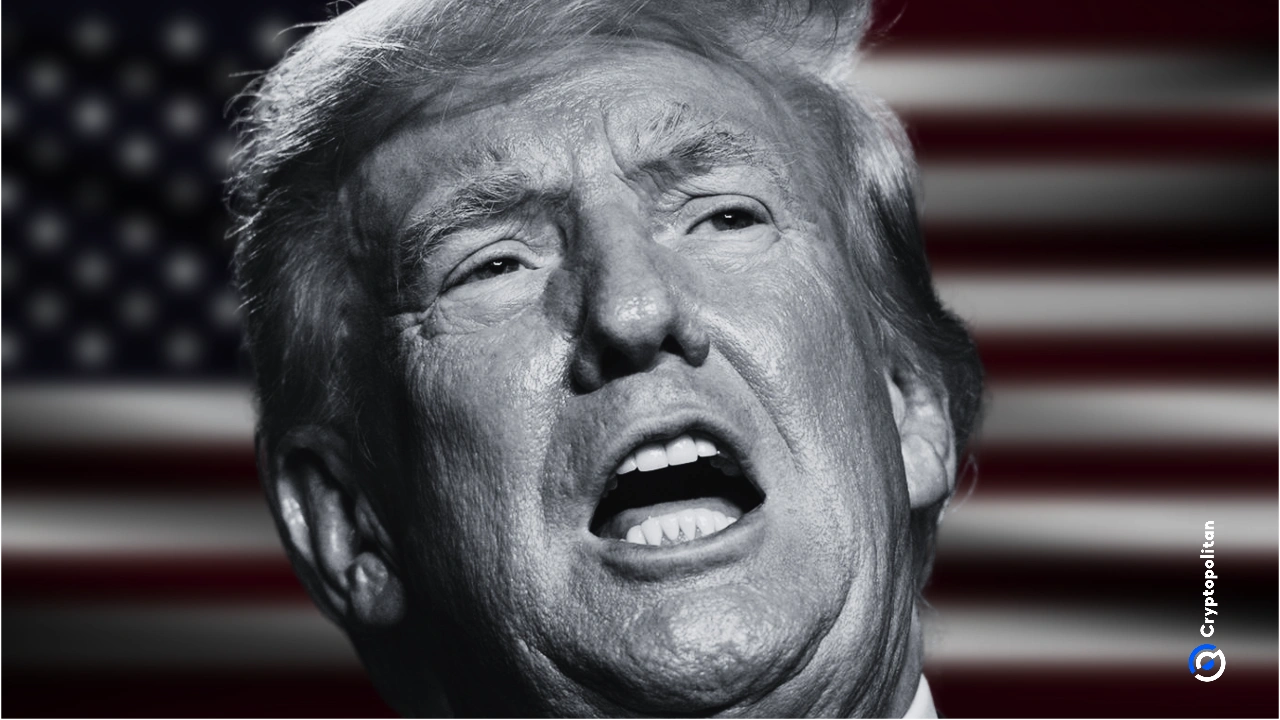Self-proclaimed ‘crypto president’ Donal Trump faces a new ethical crossroads: Should he block U.S. Congress members from trading cryptos, mirroring the proposed ban on stocks, which he supports?
With the crypto market becoming a multi-trillion-dollar industry, allowing lawmakers to trade in it could look like handing the keys to the vault to the people writing the rules.
Banning Congress from trading stocks has been a hot topic for a while now. Sitting president Joe Biden threw his support behind it ages ago, saying lawmakers shouldn’t profit from markets they have the power to influence.
Polls show 75% of Americans agree. But crypto, which is decentralized, global, and volatile, presents an entirely different beast. It’s never been done before. There are no existing patterns to follow, and Mr. Trump is not the most responsible person on the planet.
Trump’s crypto love affair
Trump is Bitcoin’s loudest advocate in Washington right now. He’s backed policies like halting government bitcoin sales and appointing crypto allies to powerful regulatory posts.
His approach to crypto has made him wildly popular among us blockchain enthusiasts, but it has also raised questions about his own investments. Trump’s personal crypto holdings and ties to industry players could muddy the waters when it comes to enforcing ethical standards.
Richard Painter, a former White House ethics lawyer, has shared that he’s worried Trump’s financial interests could influence the decisions he makes—or doesn’t make—on regulating cryptocurrencies. “The conflicts have substantially increased alongside the expansion of his business empire,” he said.
And let’s be honest, a crypto-friendly SEC chief under Trump could be great for the market but questionable for governance.
Columbia Law School professor John Coffee took it a step further, pointing out how Trump’s administration would mean lighter enforcement on crypto companies. While that might sound like music to the ears of Bitcoin bulls, it’s a problem when lawmakers stand to profit personally from the rules they create.
The legislative battle over Congress’s trades
The idea of banning Congress from trading anything isn’t new. The ETHICS Act, introduced years ago, sought to stop lawmakers and their families from profiting in markets they influence.
As of press time, Congress members can still trade stock freely, despite the growing public demand for change. The ETHICS Act could extend to cryptocurrencies, but it’s still a proposal, not a law. Even if it passes, enforcing it would be another uphill battle.
Crypto moves fast, much faster than Washington. And unlike stocks, it’s not tied to a central exchange. Banning it could be a massive disaster, but allowing it could be worse.
Polls show the public is tired of lawmakers profiting while supposedly serving the people. Ethical governance is the buzzword, but applying it to a decentralized market like crypto is a whole different game. One misstep, and the public’s fragile trust in Congress could crumble further. Wonder what that’ll do to Trump’s legacy.
What other countries are doing
The U.S. isn’t the only one grappling with these questions. In the UK, lawmakers have to show all their financial interests, including stocks and cryptos.
Canada’s Conflict of Interest Act does the same, making sure there is tight transparency in public office. Australia too. Lawmakers must disclose their crypto holdings to avoid potential scandals.
Germany offers lawmakers more leeway but is facing calls to tighten its rules. And in the European Union, transparency and ethical investment policies are top priorities. Compared to these places, the U.S. looks like the Wild West, with rules that are vague and barely enforced.
Crypto is still new, and lawmakers who own it might better understand its complexities. That could help them draft smarter, fairer regulations. But crypto is supposed to represent financial freedom. Restricting it could send the wrong message about the industry.
There’s also the argument about attracting talent to public service. If financial restrictions are too harsh, qualified individuals might avoid politics altogether.
Though let’s just face it: Trump’s probably not gonna ban Congress from either stock or crypto trading. He loves making money far too much for that.





